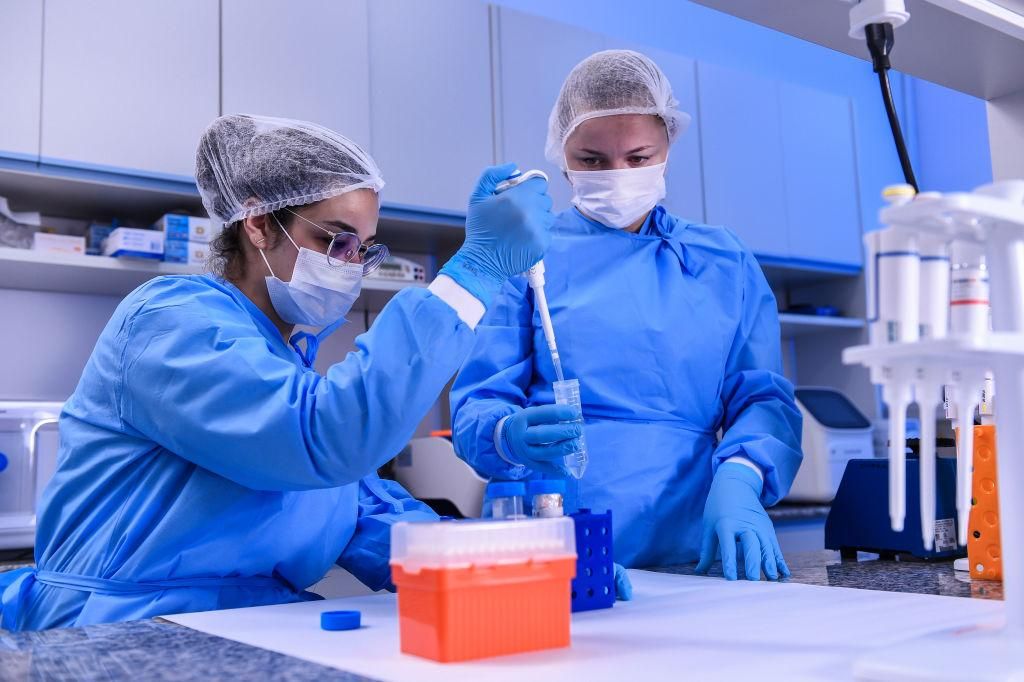A prominent virologist involved in the World Health Organization’s (WHO) investigation into the origins of the COVID-19 pandemic has expressed regret over the dismissal of the lab leak theory in favor of the frozen food origin hypothesis promoted by China.
Professor Marion Koopmans, head of the Department of Viroscience at Erasmus Medical Center in Rotterdam, Netherlands, and a member of the WHO investigative team, emphasized that the possibility of a lab leak should never have been disregarded.
Speaking on the BBC podcast “Fever: The Hunt for Covid’s Origin,” Koopmans stated, “Ranking in retrospect was not smart. We shouldn’t have done that.”
In 2021, following a visit to Wuhan by a group of scientists, the WHO announced that “all hypotheses remain on the table” and that the source of the virus had not been definitively determined, Daily Mail reported.
The WHO’s initial rankings assigned the natural origins theory as the most likely explanation, labeling a lab leak from the Wuhan Institute of Virology as “extremely unlikely” and endorsing the frozen food origin theory. However, Koopmans stressed that neither the frozen-food theory nor the lab-leak theory should be ruled out.
China has proposed alternative theories, including the virus originating from a U.S. research facility in Maryland or being introduced through imported frozen food packaging.
A classified U.S. intelligence report delivered to President Biden in 2021 also failed to reach a conclusive determination on the origin of the virus.
Despite the developments, Koopmans defended the inclusion of the frozen-food theory in the final report, asserting that it was based on scientific considerations rather than political pressure. She stated, “As a scientist, looking at the literature and what is possible, I felt we should also not throw it out because it was pushed politically.”
Koopmans’ statements came amid the emergence of official documents linking the U.S. government to controversial coronavirus research…
Read the full article here








